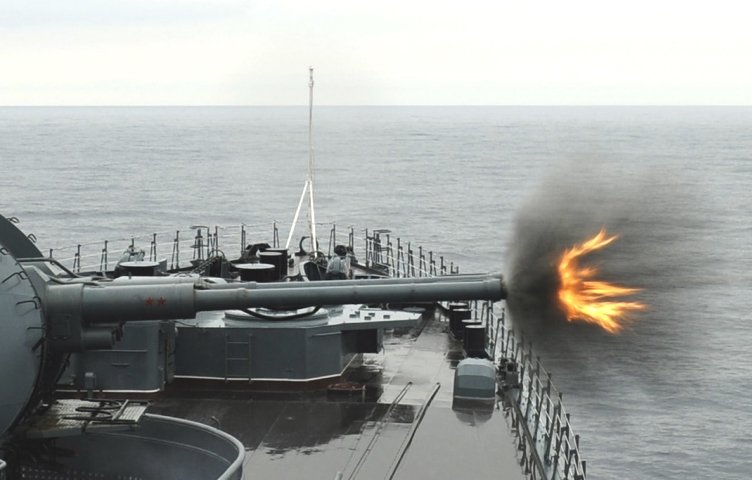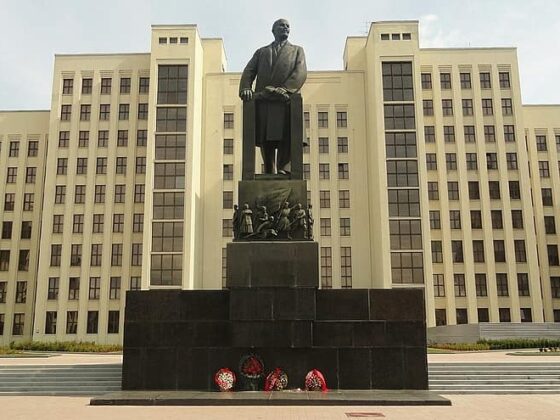(Marshall Center) Executive Summary: There is a mismatch between the Western concept of deterrence and the Russian concept of sderzhivanie, and particularly strategic sderzhivanie. Strategic sderzhivanie encompasses the Western concepts of coercive statecraft, deterrence, compellence, and intra-war deterrence. It is a multi-domain, cross-cutting effort to shape the strategic environment to serve Russia’s objectives using a range of both soft and hard power tools of statecraft in peacetime and during conflict. Grouping these disparate behaviors under a term that implies a defensive posture could create misperceptions in the Kremlin and enable destabilizing behavior.
For several reasons rooted in strategic culture, history, military practice, and (perhaps most importantly) language, the concept of deterrence in Western military strategy does not have a precise Russian equivalent. In fact, sderzhivanie—the most common translation of the word deterrence into Russian—is far broader than the English deterrence. In recent years, Russian strategists have outlined their own concept of strategicheskoe, or strategic, sderzhivanie. This paper argues that viewing Russia’s actions through the lens of this concept can help Western analysts and decision-makers better understand the drivers of Moscow’s behavior. Furthermore, the shortcomings in the concept could have enabled recent destabilizing Russian behavior.
Read More © The George C. Marshall European Center for Security Studies











